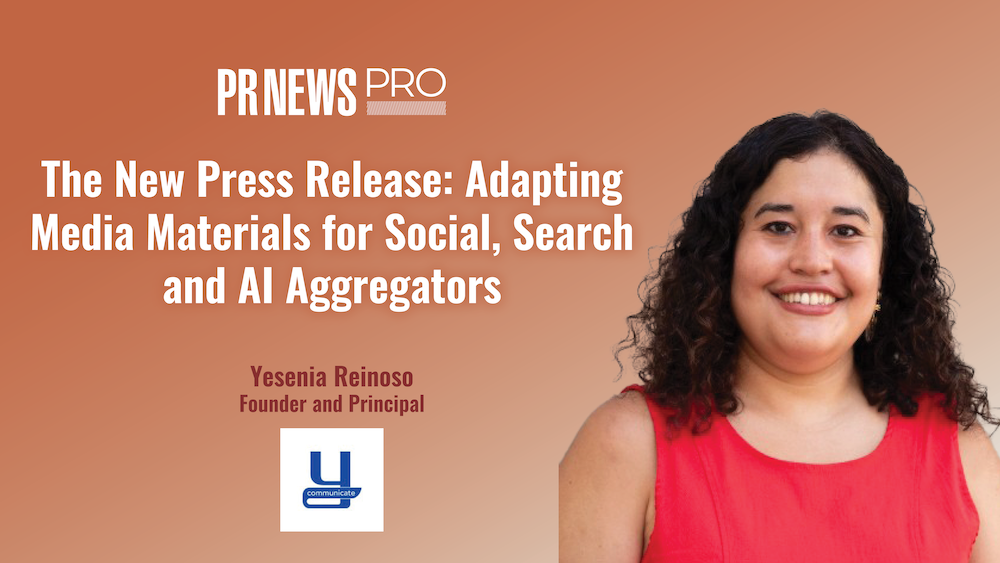According to a psychologist at the University of Stirling in Scotland, Facebook may be good for working memory in the same way that war games and Sudoku are, while Twitter may actually harm it.
“Working memory involves the ability both to remember information and use it,” according to the Telegraph, which reported the doctor’s provocative statement.
Dr. Tracy Alloway, who is the director of the Centre for Memory and Learning in the Lifespan at the university, conveyed this idea to the British Science Festival at the University of Surrey on Sunday.
“Some examples of what can hurt or harm working memory include things like Twitter,” said Dr. Alloway. “When you’re receiving an endless stream of information when you’re a ‘tweeter,’ it’s also very succinct, so there’s no need to process or manipulate that information, it’s not a dialogue unlike something like Facebook where you might be updating your status and so on.”
She added, “On Twitter you receive an endless stream of information, but it’s also very succinct. You don’t have to process that information. Your attention span is being reduced and you’re not engaging your brain and improving nerve connections.”
Dr. Alloway also placed YouTube and text messaging into the same bucket as Twitter, while video games and Sudoku were placed into the same bucket as Facebook.
Despite the authority of the respected doctor’s statements, there is a good amount of pushback, which seems to have a strong justification in the fact that Dr. Alloway was speaking about a hypothesis rather than a substantial finding from an actual study.
Mark Henderson at the Times Online recounts a bit of tape including an exchange between a journalist and Dr. Alloway:
Journalist: Has anybody actually studied whether Facebook or Twitter affects memory?
Alloway: Not that I know of.
Journalist: So there’s no published evidence?
Alloway: There’s no published evidence, it’s just a hypothesis, I’ll be starting a research project in January.
“For what it’s worth, I think Alloway’s hypothesis is also misguided, because I think she’s misunderstood how Twitter is often used,” Henderson adds.
“Most people I know who use Twitter see it as an interactive tool for conversing with wide groups, and for drawing like-minded people’s attention to information that might interest them. It’s interactive, full of links, and information-rich. It’s a misconception that the 140-character limit makes depth impossible. In fact, to me, Twitter seems to build social networks just as effectively as Facebook, which Alloway thinks might improve working memory.”
Chris Matyszczyk is also “recoiling” from the doctor’s statements on his “Technically Incorrect” blog at CNET, saying “I wonder if it counts that you find a link on Twitter that leads you to a deeply intellectual debunking of all research methods in psychology.”
It will be interesting to see whether or not the doctor’s pending research actually supports her overly-blown hypothesis. The resistance to it is well-fashioned and hard to deny, which seems to foreshadow that this notion of “Twitter = dumb, Facebook = smart” may have difficulty gaining real traction.
Sources:</strong
http://timesonline.typepad.com/science/2009/09/does-twitter-really-damage-your-memory.html
http://news.cnet.com/8301-17852_3-10346125-71.html
http://business.theatlantic.com/2009/09/dont_read_this_blog_post.php



